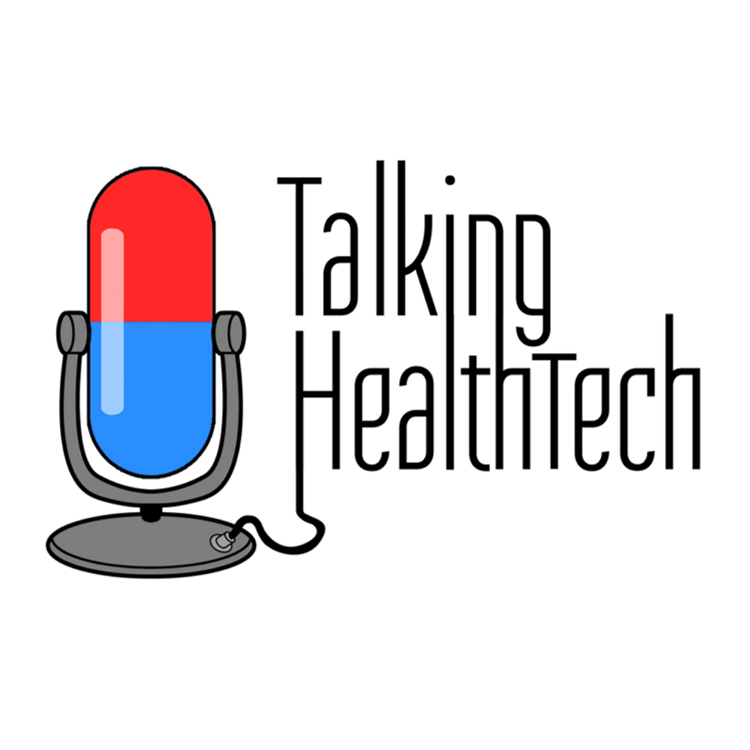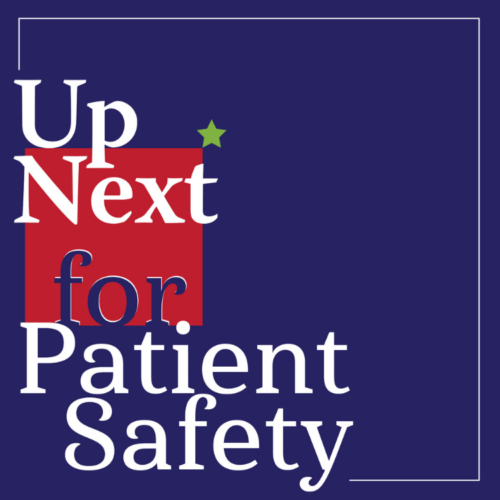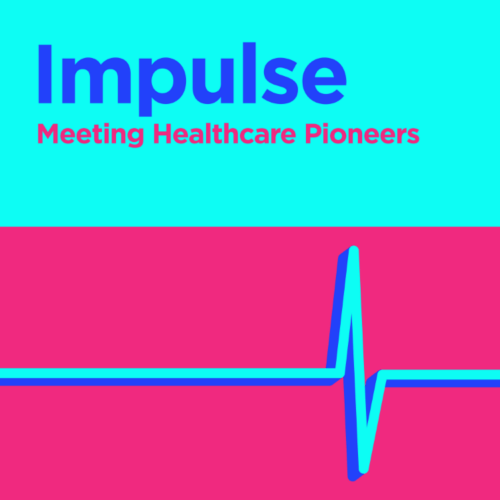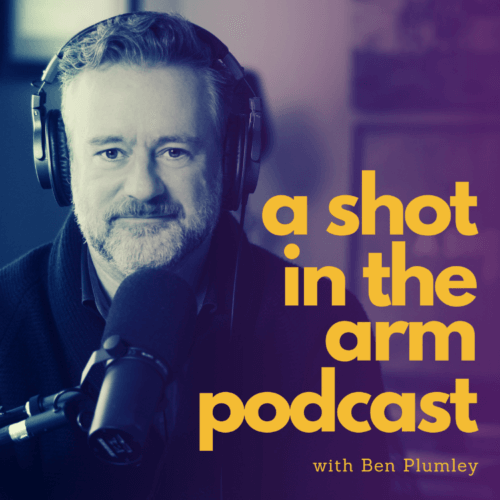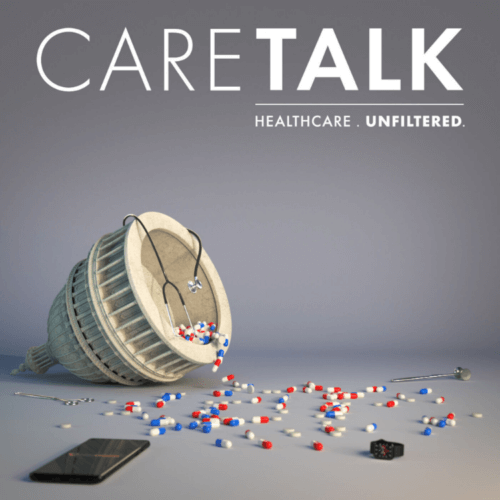Creating A Medical Practice Environment For More Accessible Healthcare: Medicubes Take Over Talking HealthTech!
During the holiday season, Pete and the team from Talking HealthTech are taking a well earned break, so while they’re away, the hosts of various shows from within the Talking HealthTech Podcast Network are sharing some of their favourite episodes from their own podcasts!
This episode is brought to you by Riwka Hagen, Chris Smeed, and Kim Poyner from The Medicubes Podcast.
About the Medicubes Podcast
The Medicubes team bring you a monthly panel conversation of exciting and challenging topics in primary health care, answering listener questions and invited guests to the discussions.
About the Episode
Welcome to The Medicubes Podcast with your hosts Riwka Hagen, Chris Smeed, and Kim Poyner.
This episode features guest Deb Walter, a practice owner and manager of Sanctuary Medical Practice in Fletcher, New South Wales.
Deb has firsthand experience with the NDIS (National Disability Insurance Scheme) and is passionate about accessibility and inclusion in healthcare because of her son Charlie, who lives with spina bifida and intellectual disability.
In this episode, the hosts and Deb discuss the successes and challenges of NDIS and share insights into how healthcare organisations can improve their services to support individuals with disabilities.
Key Takeaways
– The NDIS is still in its infancy compared to Medicare, but it has made a dramatic impact on improving accessibility and affordability of healthcare for people with disabilities such as catheterisation, which used to cost thousands of dollars.
– The diverse range of coverage that NDIS offers makes it hard to navigate, and individuals need more help to determine what funding they should have.
– NDIS takes an individual approach to putting the client at the centre of funding, which dramatically changed Charlie’s life.
– The guardianship and financial management process for people with disabilities can be confrontational for parents who have to ask the state for permission to care for their son/daughter.
– However, people with disabilities need to have a say in who makes decisions for them, even if they can’t independently make all decisions.
– The staff in healthcare organisations should connect with patients on a more personal level and remember their preferences and interests.
– People with disabilities respond well to staff members who connect with them and become a part of their story, such as employing those who are neurodiverse and have intellectual disabilities.
– Standards for medical staff certification, such as CPR, may exclude people with disabilities, and we need to think more flexibly about these standards and not exclude carers and parents of people with disabilities from the healthcare workforce.
– Health professionals need templates to easily put together disability-related documents, and collaboration is needed to work towards creating and sharing templates as a resource.
– The paperwork in the disability service sector is huge, and staff turnover in group homes can cause difficulties for patients in continuity of care.
– Hospitals and healthcare facilities need to have staff who genuinely care and are willing to adapt to each individual’s needs, including providing a parking spot and quiet space for individuals with disabilities.
Links & Resources
– Charlie’s Facebook page: https://www.facebook.com/charliedidthis
– NDIS Quality and Safeguards Commission worker orientation module: https://www.ndiscommission.gov.au/workers/worker-training-modules-and-resources/worker-orientation-module
– Disability awareness training: https://disabilityawareness.com.au/elearning/disability-awareness/
– Useful links for intellectual disability: https://aci.health.nsw.gov.au/resources/intellectual-disability/id-essentials/resources/useful-links
Check out more episodes from Medicubes:
Apple Podcasts: https://podcasts.apple.com/us/podcast/medicubes/id1635000183
Spotify: https://open.spotify.com/show/6H6hJ1lMo8Wt5OK2rzLFkZ?si=952a1830b9964869
